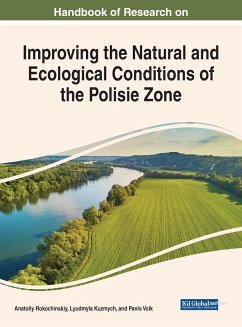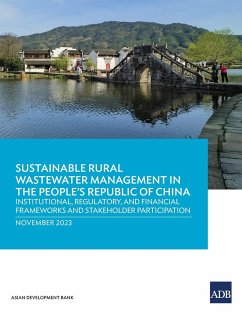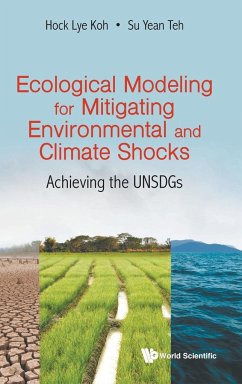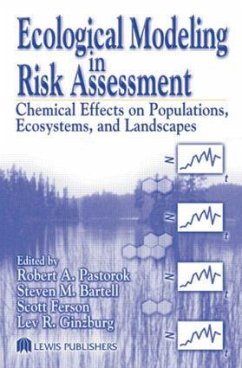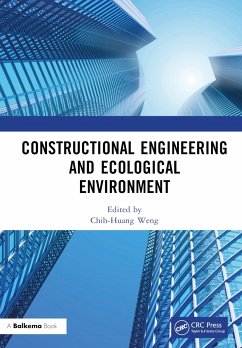Nicht lieferbar
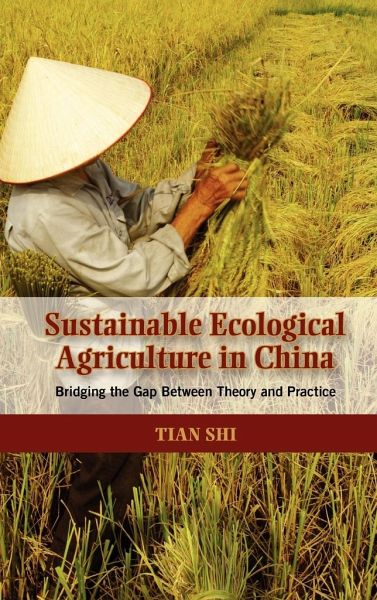
Sustainable Ecological Agriculture in China
Bridging the Gap Between Theory and Practice
Versandkostenfrei!
Nicht lieferbar
Ecological economics emphasizes the two-way interdependencies between the micro and macro levels. Although the questions about ecological agricultural research arise from the local level, their answers may lie at higher levels within the realm of political economy. Therefore, it requires substantial research not only on the links between local production systems and the larger national economy, political structures, and decision-making processes, but also the role and limitations of the national and local authorities in policy development and implementation. There is also scant research on Chi...
Ecological economics emphasizes the two-way interdependencies between the micro and macro levels. Although the questions about ecological agricultural research arise from the local level, their answers may lie at higher levels within the realm of political economy. Therefore, it requires substantial research not only on the links between local production systems and the larger national economy, political structures, and decision-making processes, but also the role and limitations of the national and local authorities in policy development and implementation. There is also scant research on Chinese ecological agriculture published in English. This book helps fill the void. It employs a trans-disciplinary approach to investigate the connection and discrepancy between knowledge and actions. It presents methodological perspectives and practical suggestions for the comprehensive analysis of ecological agriculture as inputs to improved agricultural policy-making for sustainability practices. In this way, this book illuminates the possibility of bridging the gap between local level implementation and the larger political-economic processes. This book helpfully provides a comprehensive analytical framework within which agricultural sustainability can be better analyzed and understood by articulating ecological economics as a policy science to guarantee transparency and fairness in the decision-making process . It shows the important role that traditional culture can play in promoting ecologically and socially sound development. It further emphasizes the imperative to move the ideology of ecological agriculture into the political realm and promotes a continuous dialogue between researchers, practitioners, and policy makers. It also suggests that local government has a significant role to play in establishing appropriate institutional arrangements and policy settings (e.g., bottom-up policy initiatives) for sustainable ecological agricultural development. By elaborating on the methodological synthesis of ecological economics and system dynamics modeling as a holistic approach to facilitate an improved policy-making process for agricultural sustainability, this book demonstrates the effectiveness of this alternative approach to improve policy making process and facilitate the realization of sustainability through a case study in China. This book will be an important resource not only to those interested in China, but also to scholars and policy makers around the world because of its global relevance in the areas of ecological economics, ecological agriculture, sustainable resource management, political economy, system dynamics thinking and modeling, and participation in the policy-making process.






